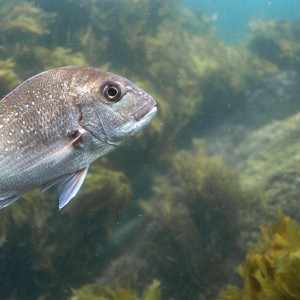LegaSea welcomes the new government’s decision to appoint Stuart Nash as Minister of Fisheries, the first step in breaking apart the monolith that is the Ministry for Primary Industries. All the signals so far point to a fresh approach to fisheries management, more meaningful engagement and potentially the inclusion of recreational interests in future decision-making processes. Ideally, these changes mean more fish in the water and a fair go for future generations.

Stuart Nash is MP for Napier so he is familiar with the effects of excessive bottom trawling. He has seen how the depletion of inshore waters deprives local people access to a reasonable fish stock. Stuart has also witnessed first-hand the impacts felt by his community due to the alleged illegal behaviour of commercial fishing operators.
His hours invested in talking with local fishing groups trying to find a solution will put him in good stead for his next task, which is a biggie. As Minister, he now has a statutory duty to restore our fisheries to abundant levels in order to provide for the social, economic and cultural wellbeing of all New Zealanders, including non-commercial recreational and customary fishers.
Restoring the public’s faith in the way our fisheries are managed will be another challenge.
For many years we have been told that the Quota Management System is “world leading”. This line has been spun in a multitude of countries yet the people at home, in Aotearoa, have known this to be a lie for a long time. A recent investigation includes this quote from Dave Turner, the Director of Fisheries Management at the time, “discarding is a systemic failure of the current system and something we have not been able to get on top of from day 1 of the QMS. Fisheries Management can’t quantify the tonnages involved but we suspect they are significant to the point that they are impacting on stocks”.
A system that enables officials to keep these essential truths away from the Minister is clearly not a worldwide winner. Nor is the collapse of CRA 2, the northeastern crayfish stock, after years of mismanagement. Change is needed.
A winning strategy starts with identifying the underlying problems with the current system, agreeing on a vision to restore abundance to New Zealand’s waters, and then working out an effective plan so everyone is striving to achieve success.
Success will be evidenced by the implementation of a cohesive strategy and a more responsive management regime that delivers abundant fisheries. We need more abundance in the places we traditionally fish and a more productive marine environment. Achieving success will take time however, we have to start somewhere and LegaSea is prepared to contribute its expertise if it means a brighter fishing future for us all.





